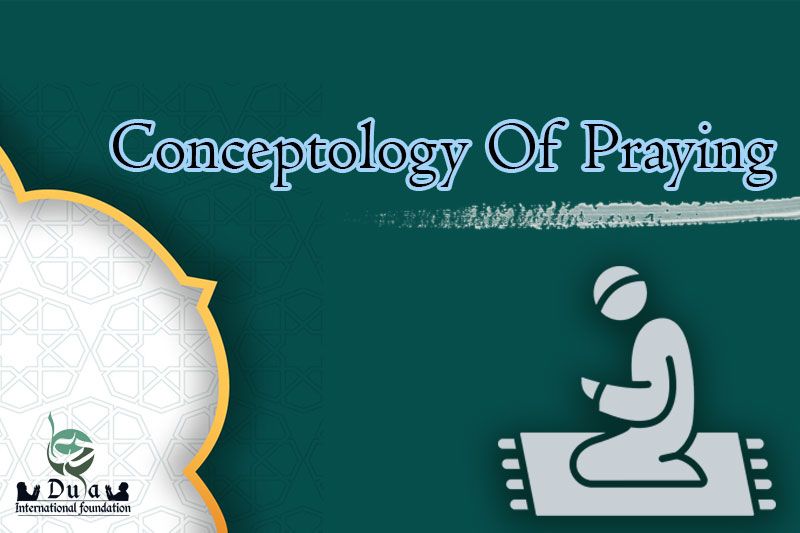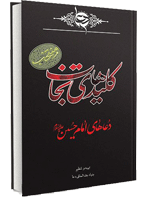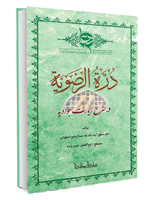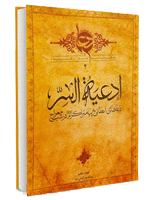- Prophet Muhammad (P.B.U.H&HF): Whenever one of you is needy and brings that to other people, he will not be satisfied. and Whenever someone is needy and brings that to Lord, he shall give him what he wants. sooner or later.
- Imam Sadiq (As.): Whenever you had tenderness in your heart, Pray. because your heart doesn't get tender unless it's pure.
- I told to Imam Baqir (A.S): “What is the meaning of “truly, Ibrahim was awwah and patient”? He replied: “Awwah means (the one who is) praying (to) and wailing (for God) a lot.””
- “Two people, who have acted alike, enter the heaven, but one of them sees the other one in a higher place. Then, he says: O’ Lord! How come has he a superior place in comparison to me while we acted alike? God the Almighty replies: “because he asked Me (whatever he needed) and you did not do that”.
- “The most knowledgeable person to God is the one who asks more from Him”
- “Whoever prays a lot, the angels say: This voice is familiar (to us) and this is the supplication which is accepted and this is the need which is provided”
-
The Holy Prophet (peace be upon him and his Household):
-
وَ لَوْ عَرَفْتُمُ اللَّهَ حَقَّ مَعْرِفَتِهِ لَزَالَتِ الْجِبَالُ بِدُعَائِكُم
If you knew god the way you should’ve known, Mountains definitely will be moved by your supplications. - Crying out of fear of God is the key to his mercy, it’s a sign for his acceptance and it’s a door to answering [supplications]
- Pray to God and believe in his answeres. But understand that God won't accept prays from an unwitting oblivious heart.
Conceptology Of Praying in Islamic Thought
Conceptology Of Praying in Islamic Thought
To describe and explain every important thing, there are different ways, each of which can help the audience reach their different goals. The definition and identification of the concept of doa (prayer) is of this type, and according to different questions and various ways, one can present various definitions. Therefore, it is necessary to address all these definitions and then consider the possibility of achieving a comprehensive definition.
1. Definition Based on Concept (lexicon): in this definition, by using a clearer concept, we reduce the ambiguity of the desired truth. To achieve this definition, we can refer to various dictionaries.
a. Ibn Faris, following the word “prayer”, said: Doa (prayer) is that you call someone to yourself with either your voice or word. The writer of “Lisan al-Arab” named the prayer as calling.
b. Substantive Definition: using this definition, one can consider the absolute demand as the genus and consider various features such as the verbal prayer, heart prayer, existential prayer, etc… as differentia.
c. Definitions Based on Features and Effects: this type is the most common scientific definition, because achieving the reality and nature of objects is impossible, and our knowledge of facts of existence is relative. Whatever is mentioned in narrative interpretations about doa is of this type.
الدعاء سلاح المؤمن و عمود الدین و نور السماوات والارض.
d. Definition Based on Existence: the most important definition is the discrimination in existence with which one can remove the ambiguity from the defined term and separate it from the commonalities. The writer of Al-Mizan Interpretation, about the reality of doa said: “the prayer is that rises from the heart and the tongue of nature demands it, not that tongue moves in any way it desires.” The characteristic of this definition is that it includes the existential prayer. Therefore, Allameh Tabatabaee said: God the Almighty considers whatever that does not involve tongue as the demand and said in the Qur’an: «وآتاکم من کلّ ما سألتموه» and «یسأله من فی السموات و من فی الارض» and the implication of these verses on the desired thing is very clear.
Conclusion: perhaps we can deduce from the mentioned definitions that the most comprehensive and best definition for doa is “demanding in its general sense’ which includes all types of prayer. The special feature of the prayer also refers to the special motives of the speaker. Thus, doa is the demand of the superior from the inferior and vice versa, or the equal, and includes the natural and existential prayer, and has different usages. The spirit of the prayer and demanding from God has a reward.
By: Dua International Foundaiton







